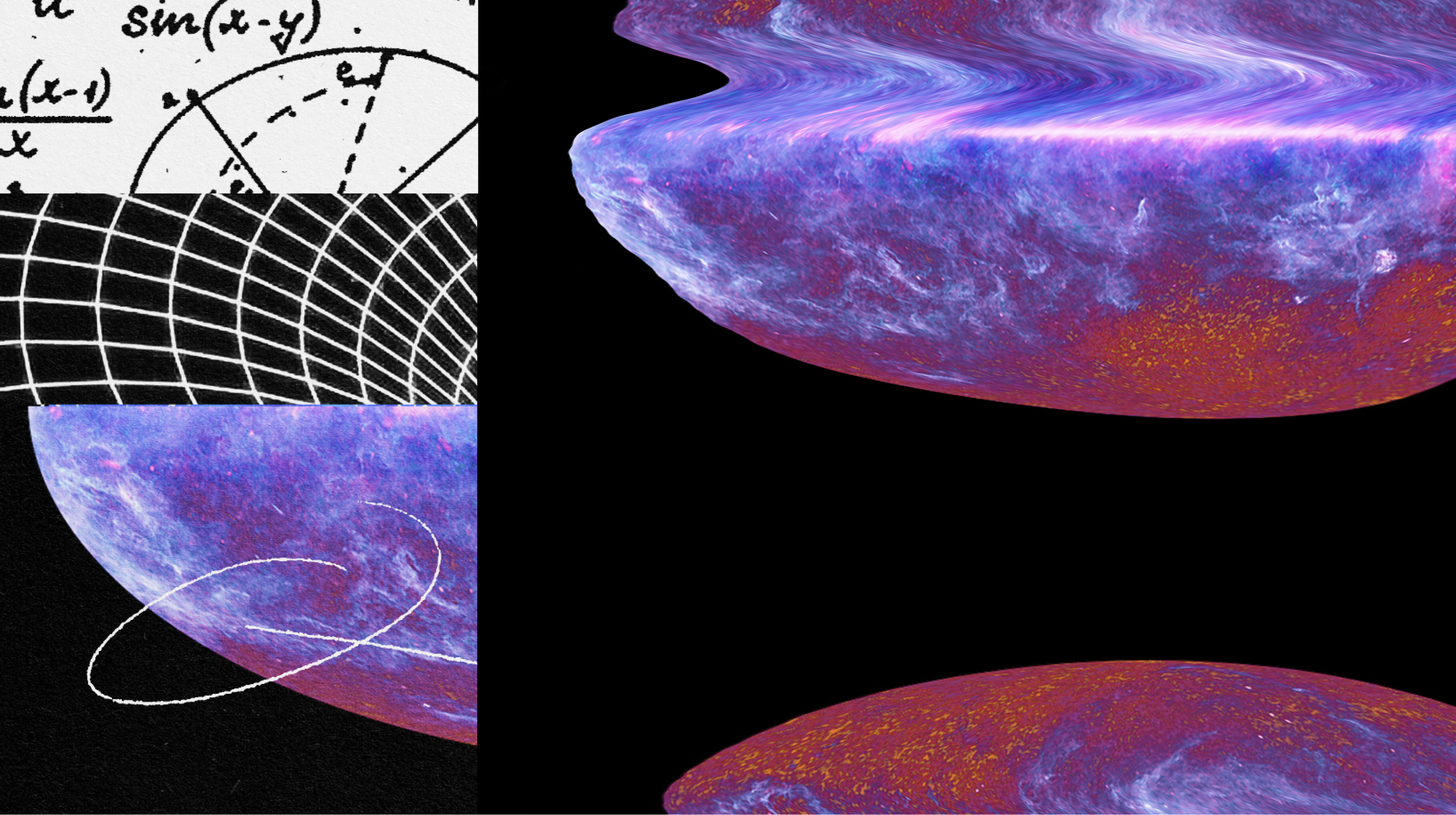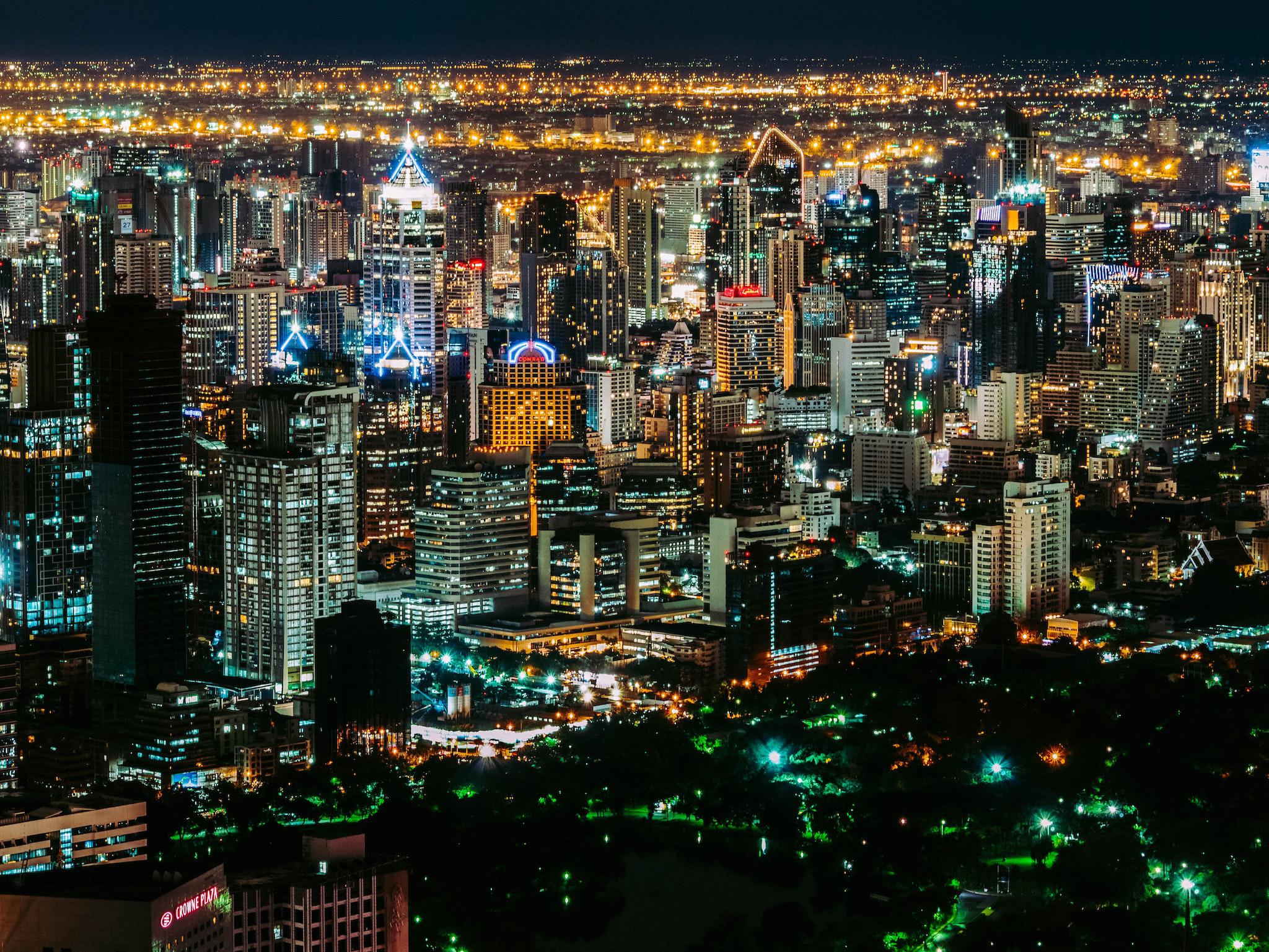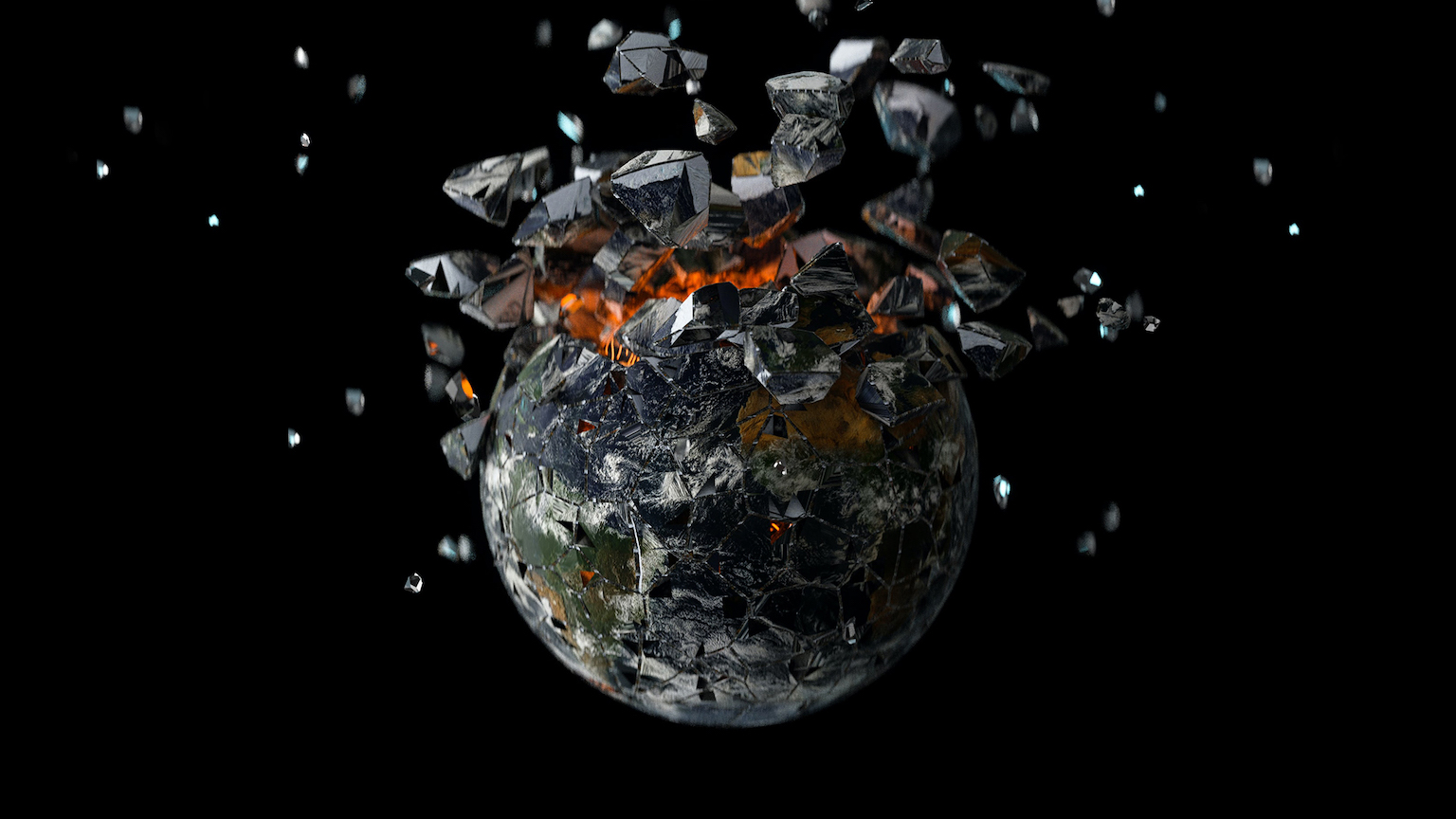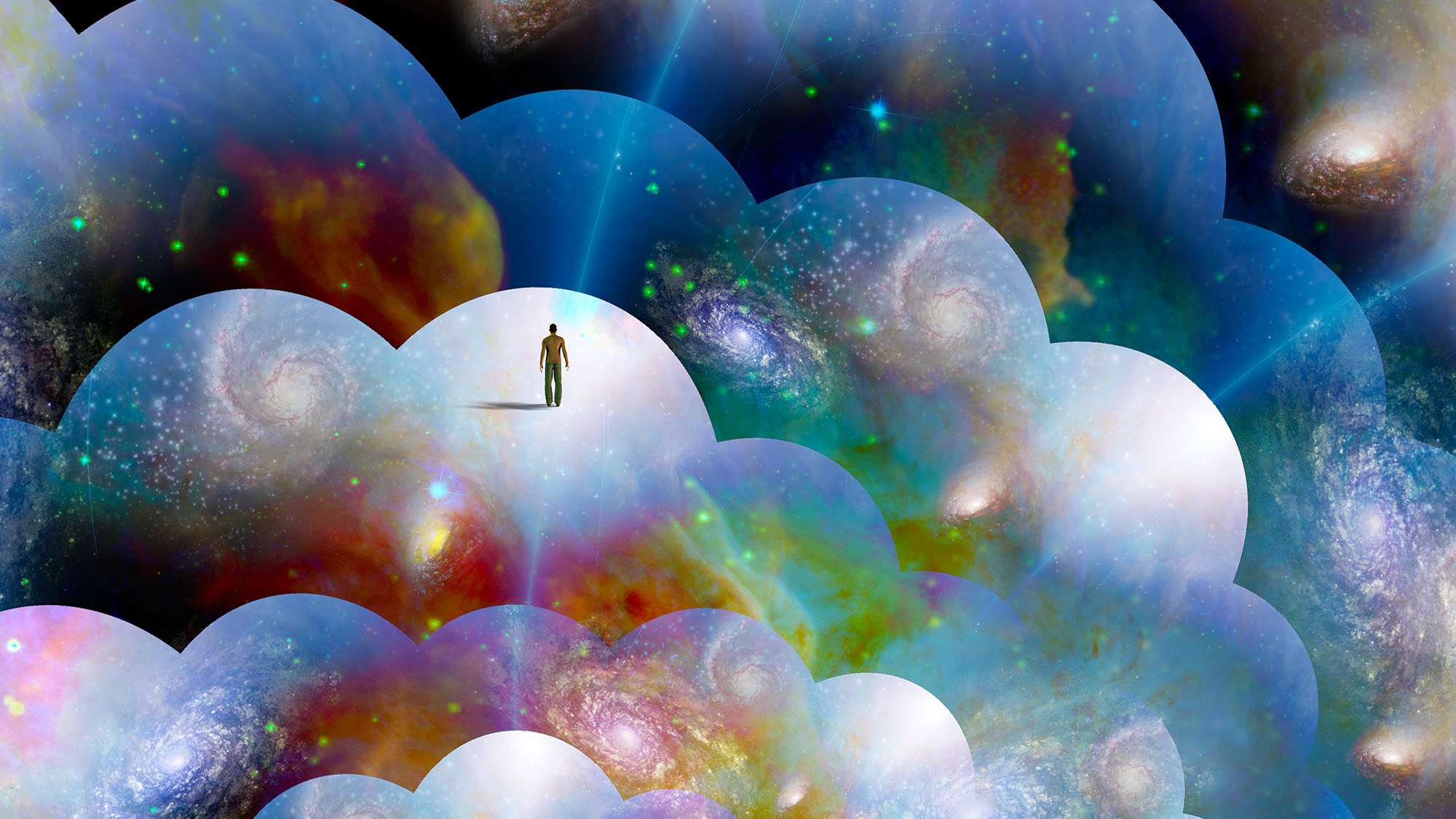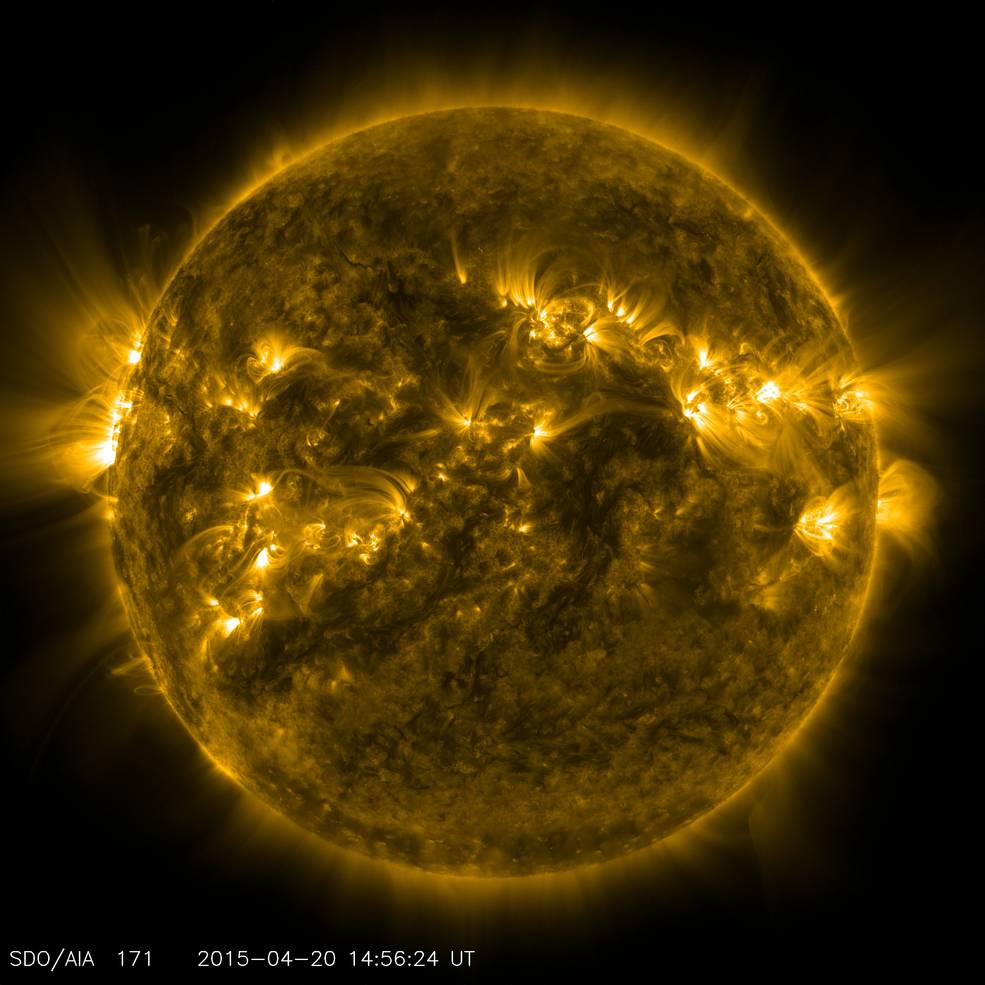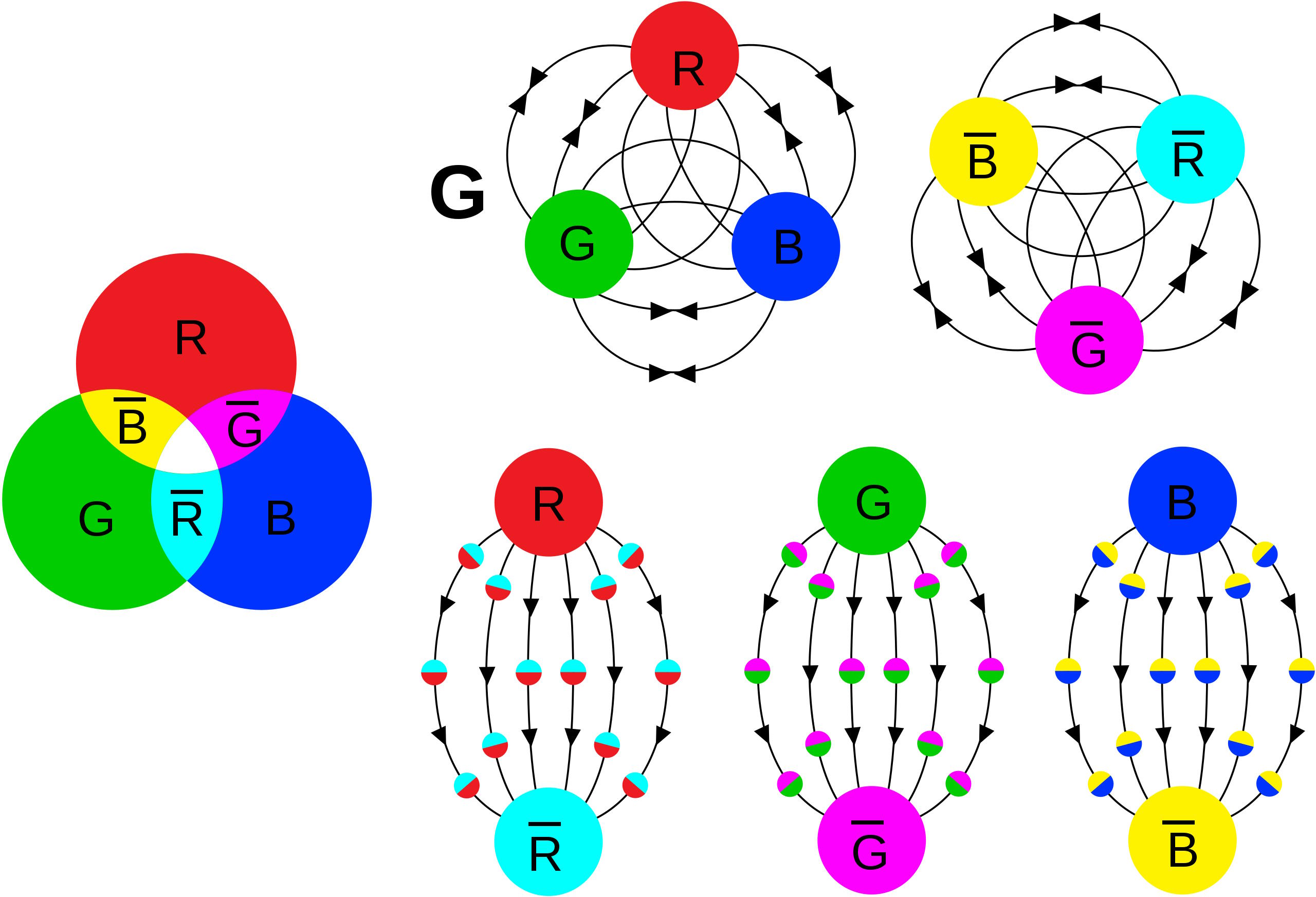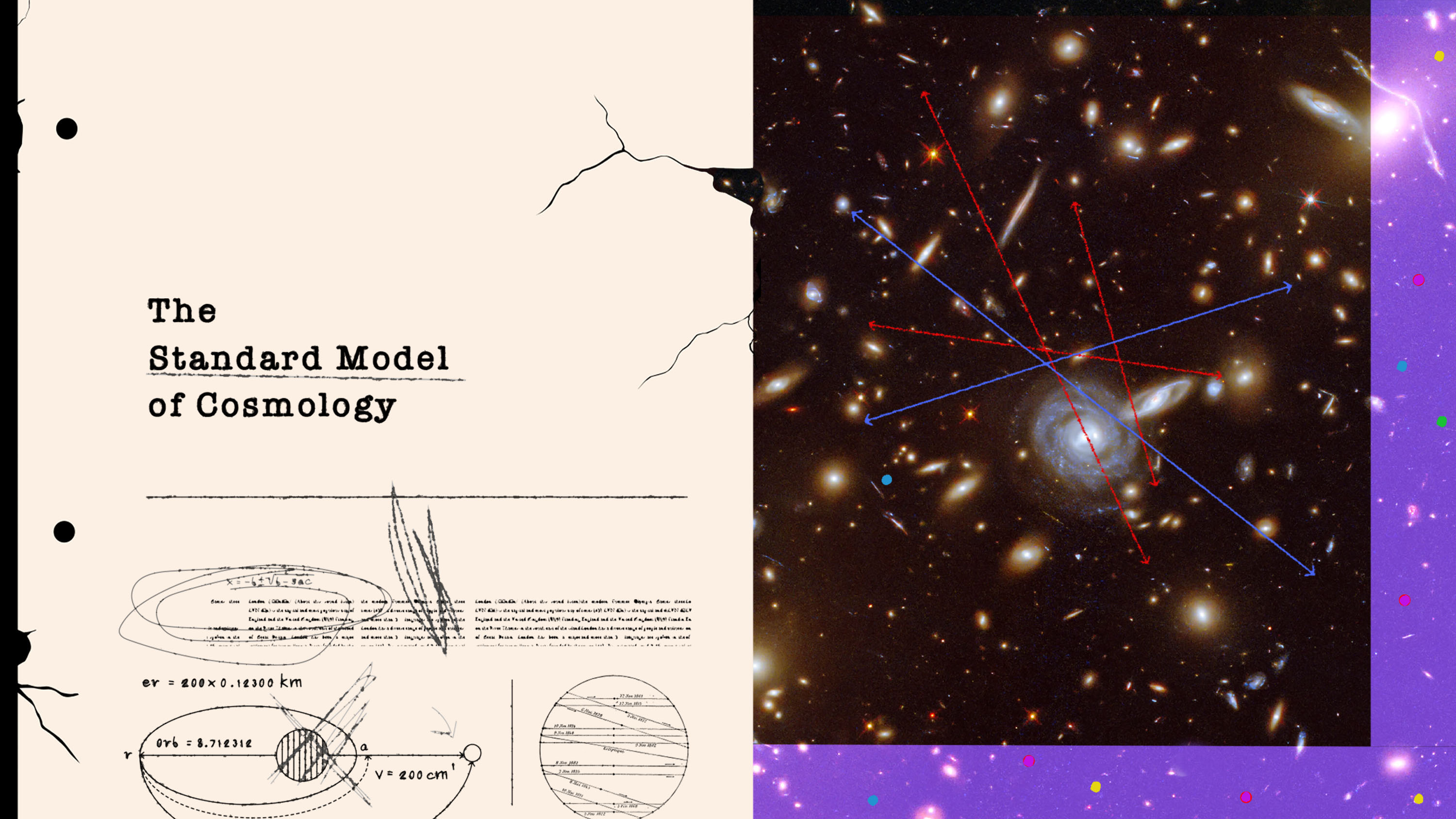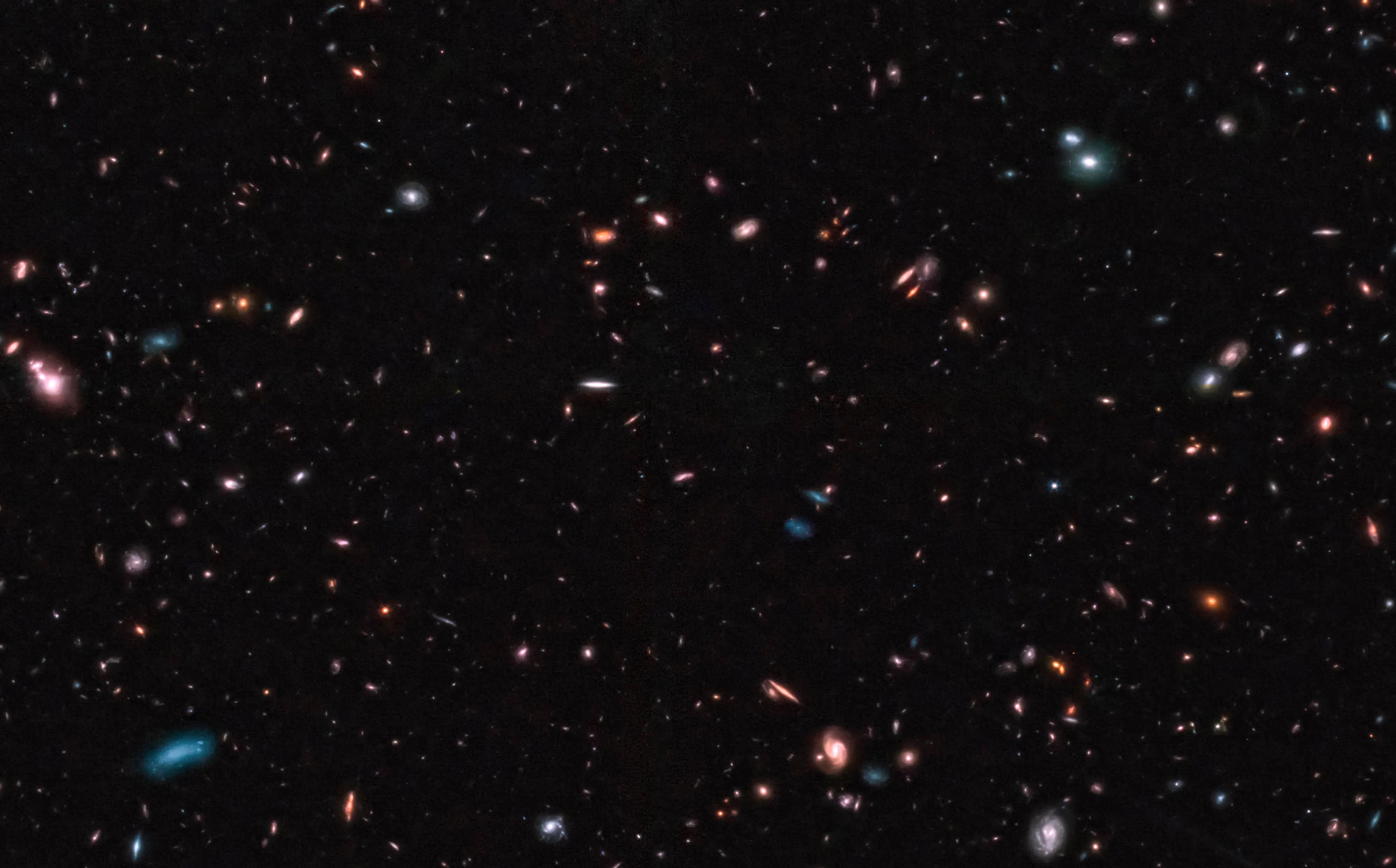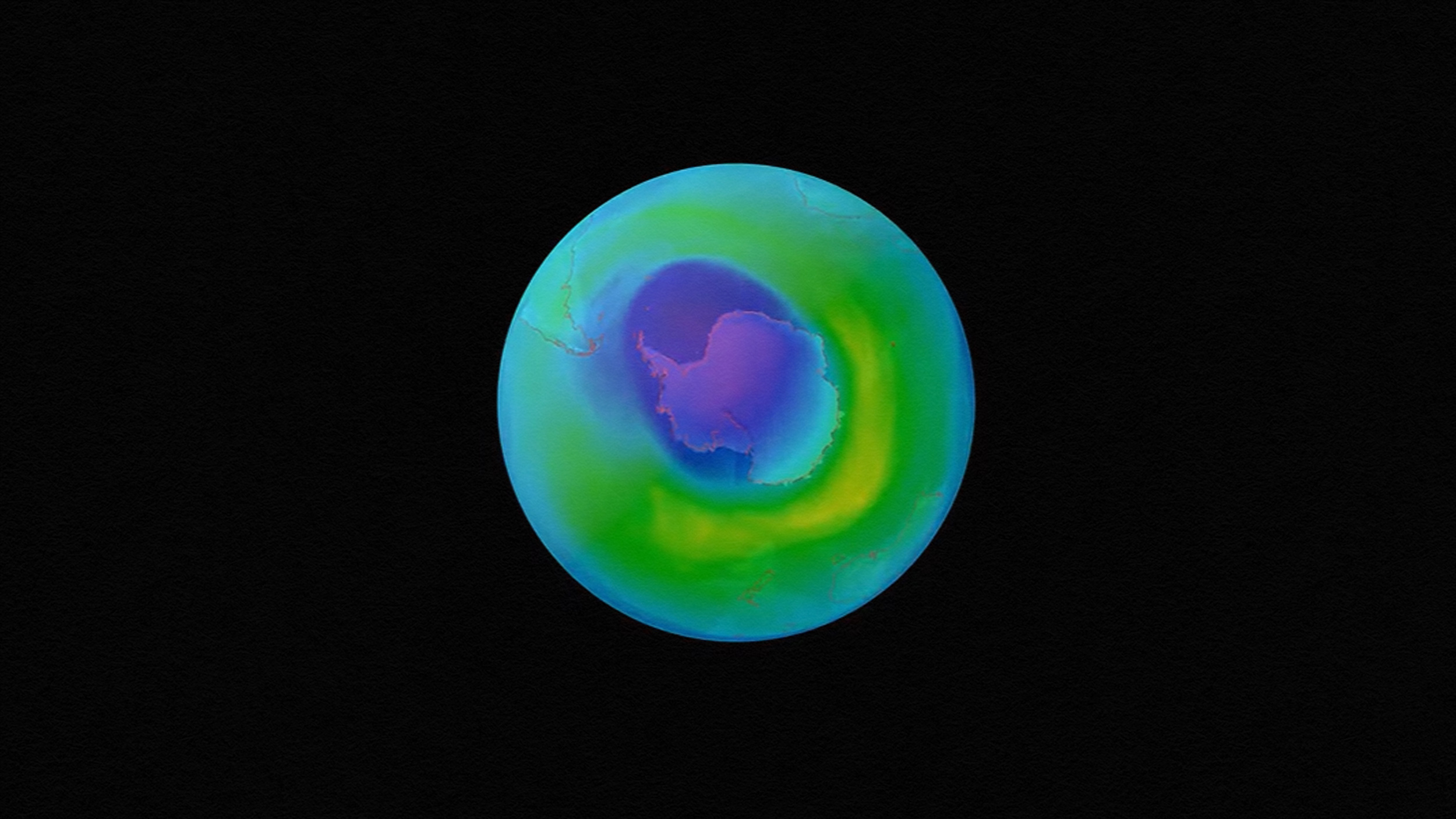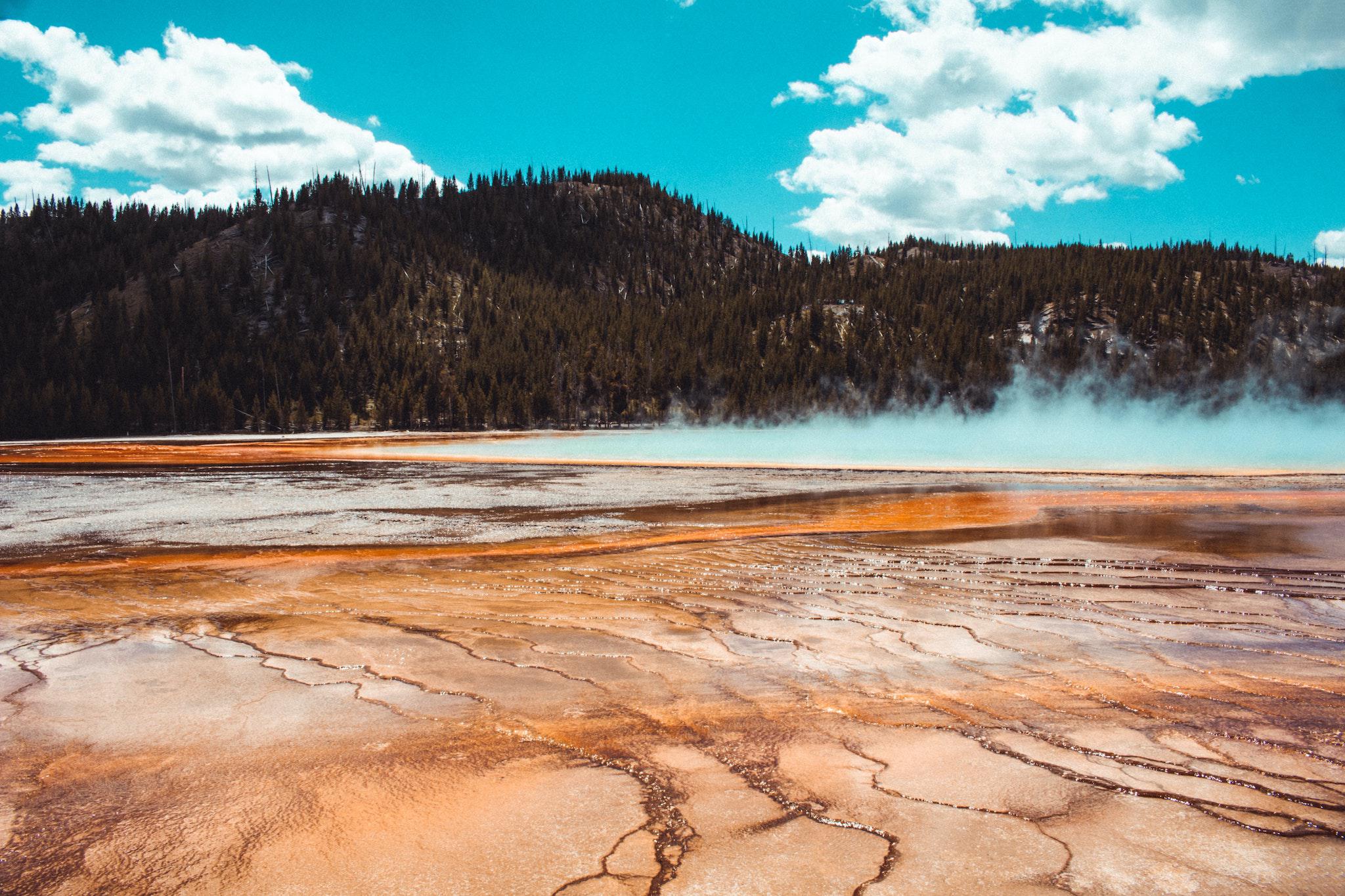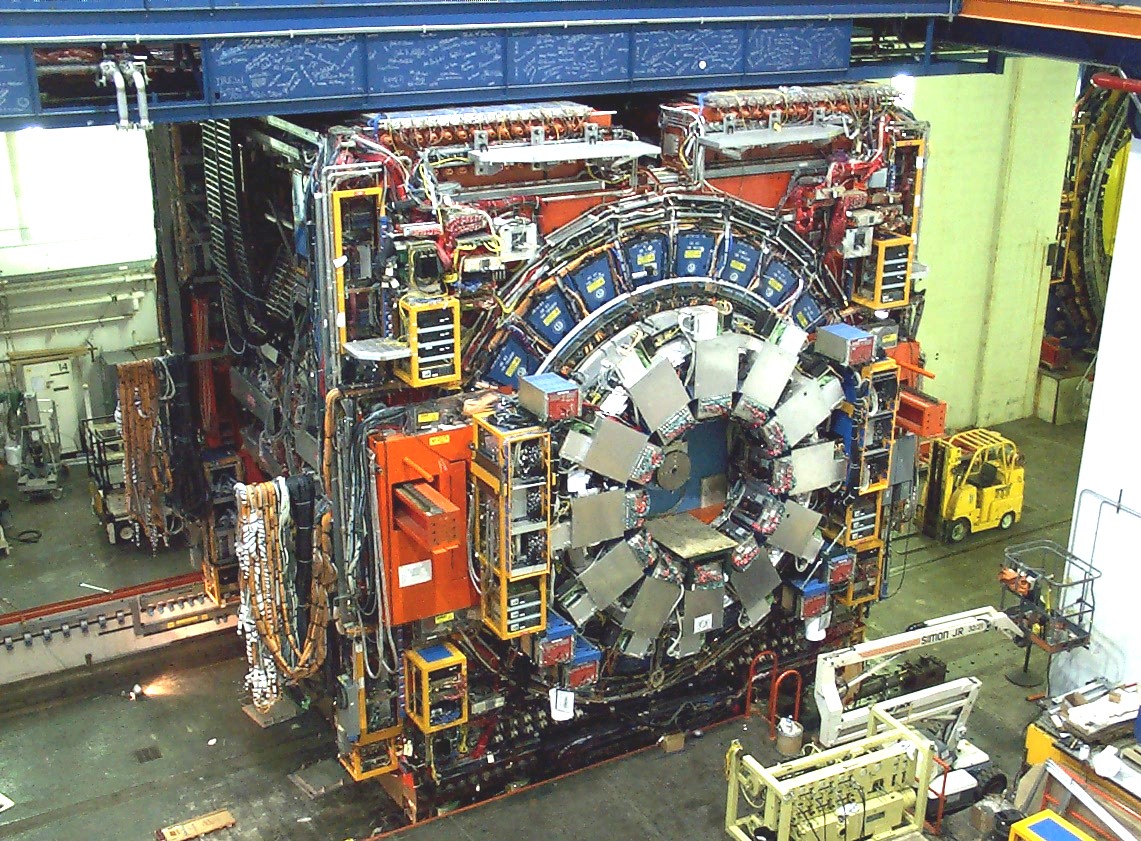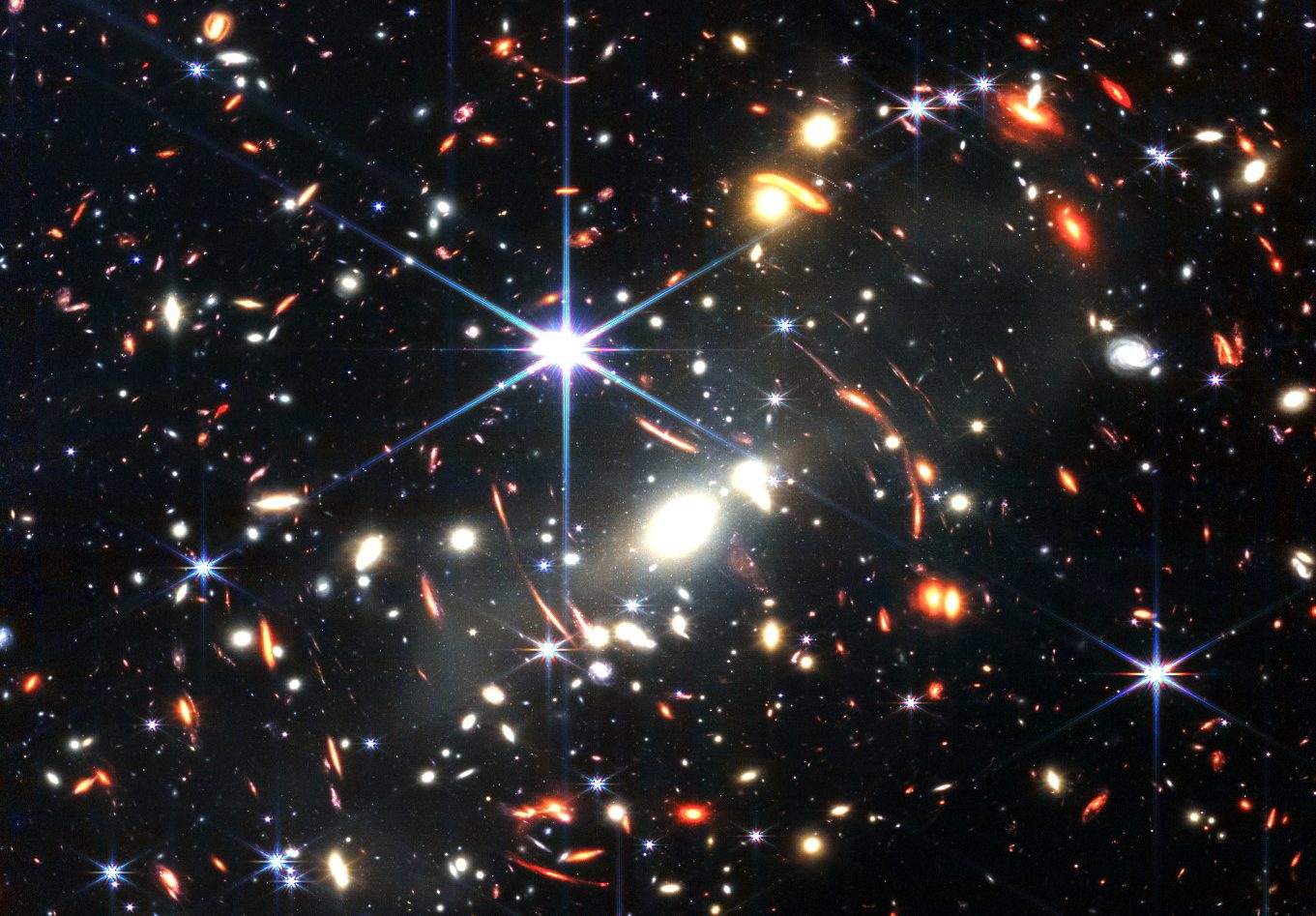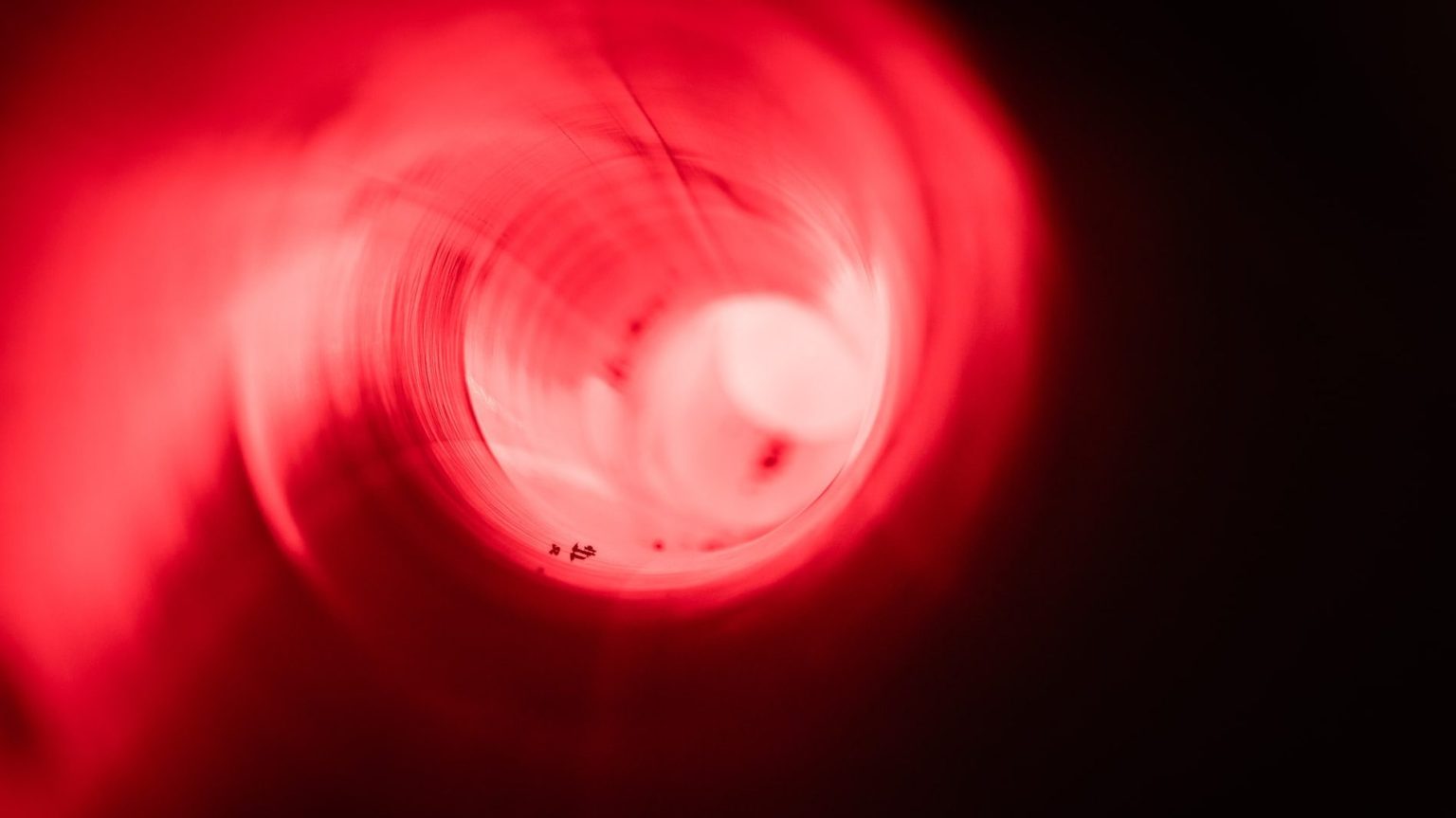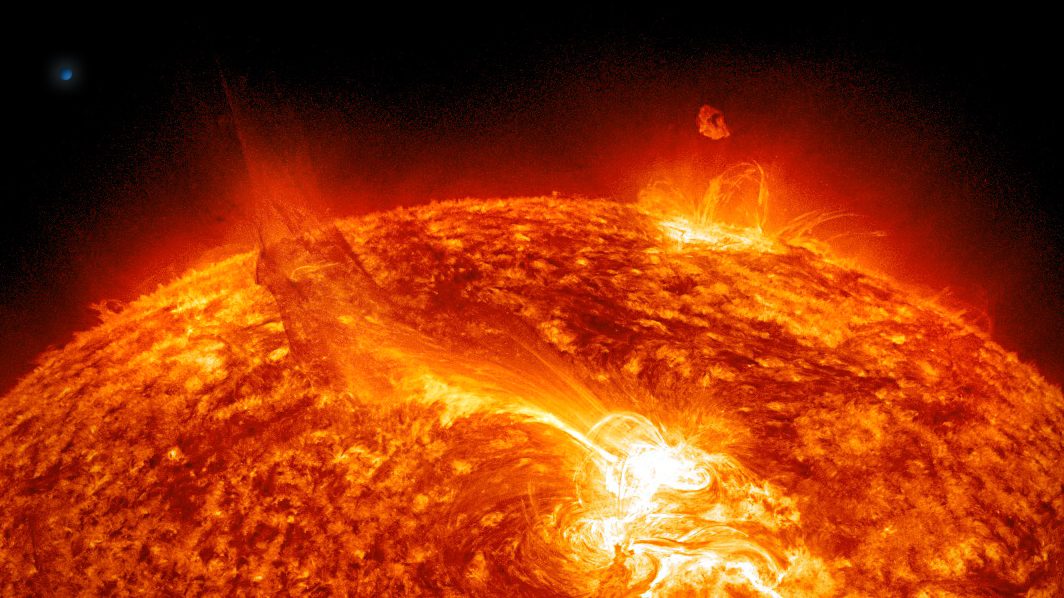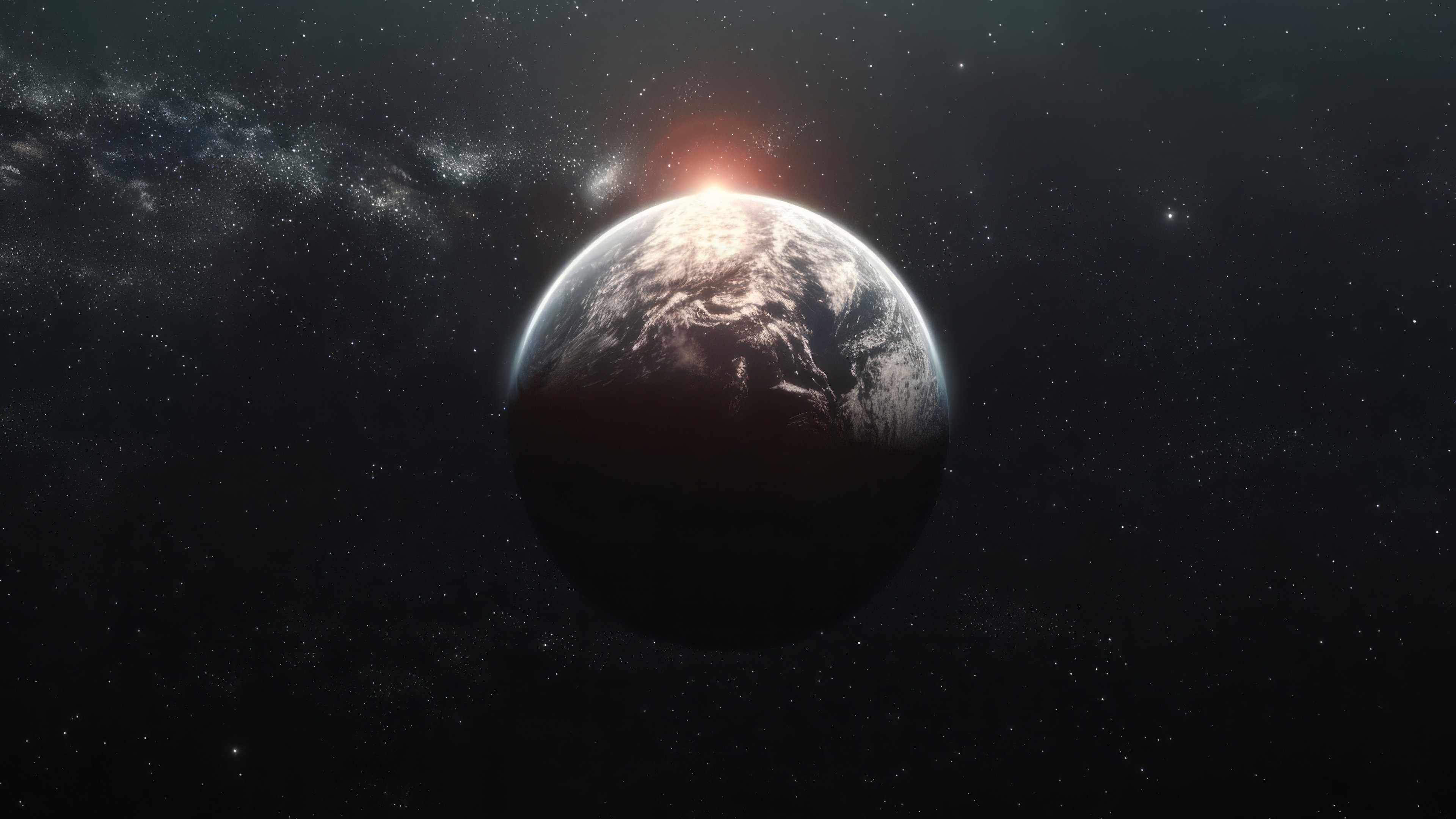Do grim sci-fi scenarios crush our hopes for real-world growth? Author Michael Harris looks elsewhere to unblock the road to a better future.
Search Results
You searched for: energy
A series of charts shows how prevalent different mental illnesses are across the globe — but how we define them matters.
Photosynthesis is powerful but very inefficient. Humans can improve on this biochemical process to help the planet.
At very high and very low temperatures, matter takes on properties that open up an entire Universe of remarkable new possibilities.
“What modern science has taught us is that life is not a property of matter.”
At a fundamental level, only a few particles and forces govern all of reality. How do their combinations create human consciousness?
The most common element in the Universe, vital for forming new stars, is hydrogen. But there’s a finite amount of it; what if we run out?
Cosmology is unlike other sciences. When our view of the Universe changes, so does our understanding of philosophy and science itself.
Let’s celebrate the progress, but put the cork back in the champagne bottle.
Earth is not a benign mother. We have begun to witness what happens when it unleashes its fury.
There is nothing more important to science than its ability to prove ideas wrong.
3D-printing robots are being used to build a 100-home housing development in the US state of Texas.
In Sun-like stars, hydrogen gets fused into helium. In the Big Bang, hydrogen fusion also makes helium. But they aren’t close to the same.
One of the 20th century’s most famous, influential, and successful physicists is lauded the world over. But Feynman is no hero to me.
An excerpt from renowned neuropsychologist Nicholas Humphrey’s book “Sentience: The Invention of Consciousness.”
Protons and neutrons are held together by the strong force: with 3 colors and 3 anticolors. So why are there only 8 gluons, and not 9?
It may be time for a cosmological paradigm shift.
He lived with a tribe of hunter-gatherers to witness how an ancient culture survives one of the most brutal climates on Earth. His learnings may surprise you.
▸
8 min
—
with
Despite many ultra-distant galaxy candidates found with JWST, we still haven’t seen anything from the Universe’s first 250 million years.
A scientist’s first-hand account shows the world can tackle a global environmental crisis.
By digging deep, we could harness enough energy to power generations to come. But it involves fracking.
Fermilab’s TeVatron just released the best mass measurement of the W-boson, ever. Here’s what doesn’t add up.
If the electromagnetic and weak forces unify to make the electroweak force, maybe, at even higher energies, something even greater happens?
No. No no no. Just… no. The JWST has truly blown our scientific minds, but it’s a pure crackpot idea that the Big Bang is now disproven.
If words are really only 7% of communication, then why would anyone need to learn a foreign language?
As the Manhattan Project headed for completion, German attempts to build a nuclear weapon had already been dismantled.
Taking the floor is all about connecting authentically with your audience. Here’s how.
Recasting the iconic Carrington Event as just one of many superstorms in Earth’s past, scientists reveal the potential for even more massive eruptions from the sun.
An interview with Lisa Kaltenegger, the founding director of the Carl Sagan Institute, about the modern quest to answer an age-old question: “Are we alone in the cosmos?”







